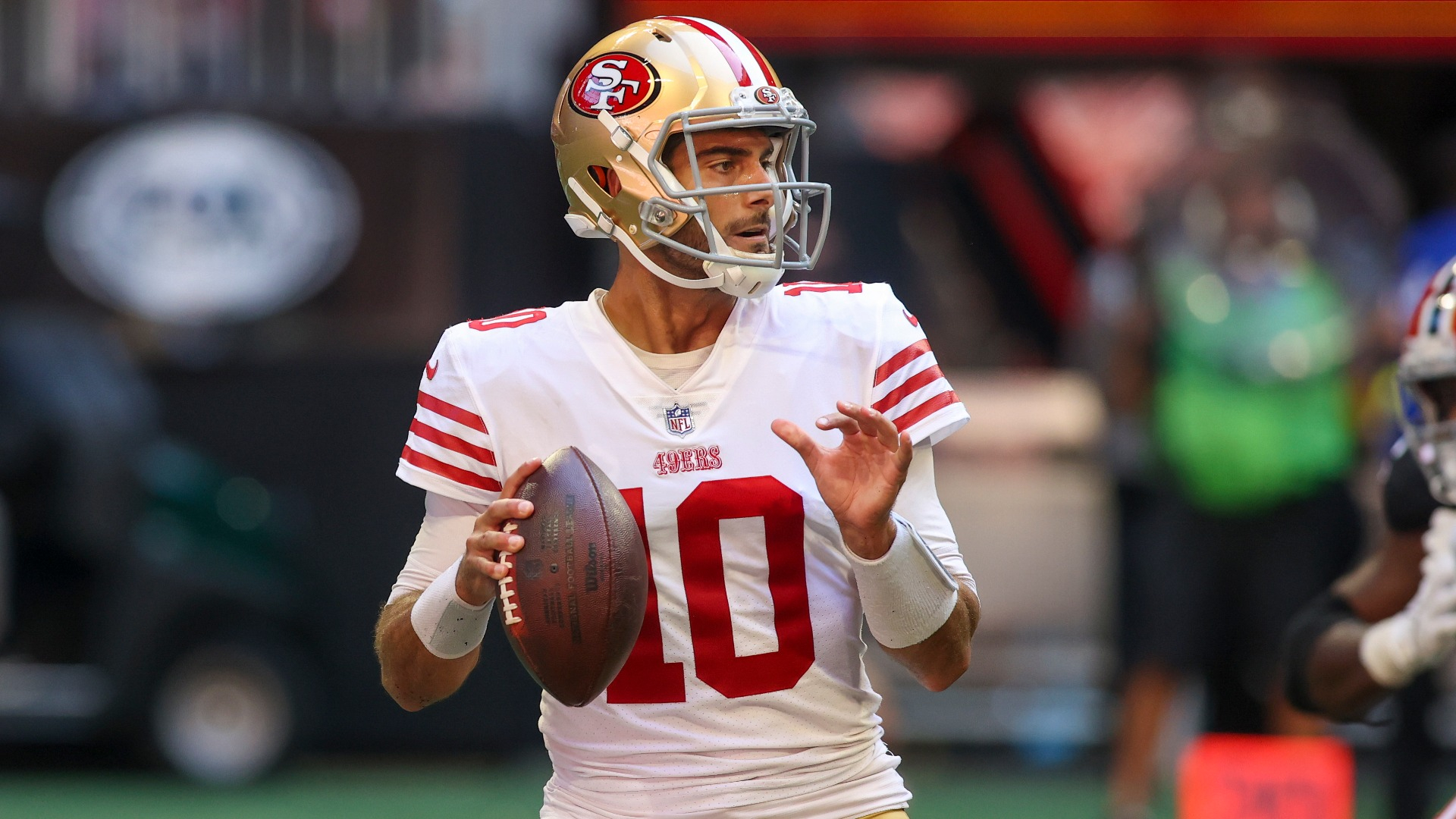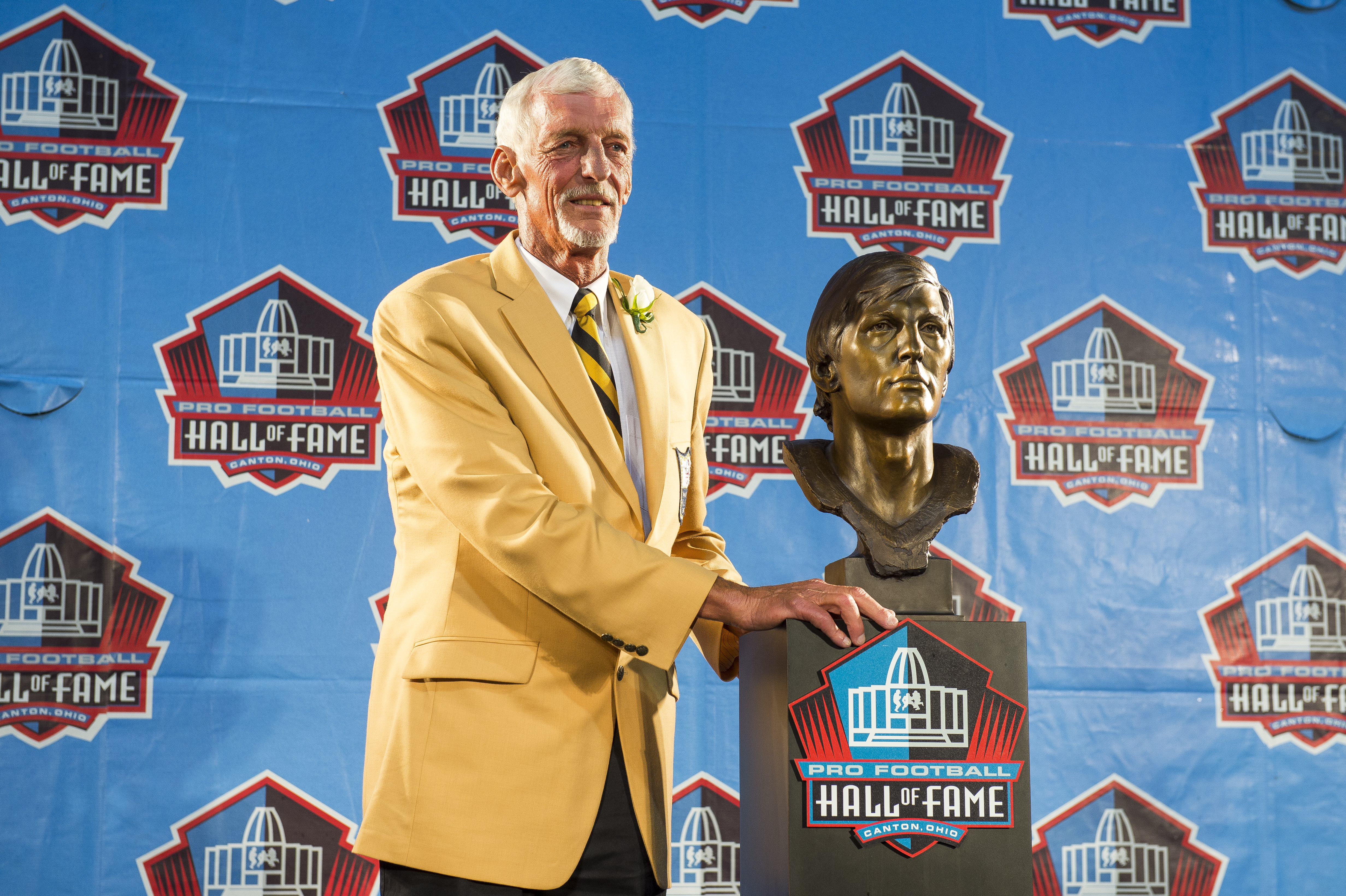By just about any measure, Michael Crabtree had a fine season for the Raiders in 2015.
The former 49ers wideout gave the Oakland passing game a reliable possession receiver for Derek Carr in his first season in silver black, and gave the team a strong 1-2 punch with rookie Amari Cooper.
Crabtree caught 85 passes for 922 yards and nine touchdowns, and he figures to have another productive season in 2016 with the maturation of Carr, a better offensive line and a familiarity with the Raiders system in Year 2. Last season, while working on a one-year bargain deal for the Raiders, Crabtree had his best season since 2012, the year before an injury cost him almost all of 2013 and took away some of his explosiveness.
The Raiders so loved what Crabtree brought to the team, that general manager Reggie McKenzie signed him to a four-year extension in December that would pay him $35 million over the length of the deal, with $19 million of that guranteed.
“This is where I belong,” Crabtree said, after signing the new deal. “I’m a Raider, man.”
But as the Raiders take a break from their offseason program before they gather for training camp in July, not everyone believes Crabtree’s deal was a smart move by McKenzie and the Raiders.
Yes, he was productive in 2015. But did the Raiders overpay?
Raiders
That’s the conclusion of Eric Eager, writing for the analytic website Pro Football Focus. He grouped Crabtree with the Broncos’ Demaryius Thomas, the Cowboys’ Dez Bryant, the Bucs’ Vincent Jackson and the Cardinals’ Larry Fitzgerald in a fivesome of the NFL’s “worst NFL wide receiver contracts.”
Eager cited the $11 million cap hit the Raiders take this coming season because of the deal and the fact he didn’t finish strong in 2015, having negative grades in five of the final six games (which included five dropped passes and a fumble).
But to the Raiders, it was a must signing. Oakland had the cap money to spend this coming season and needed to keep Crabtree to prevent defenses from ganging up on Cooper. Plus, Carr and Crabtree have developed a rapport. The offense would be taking a step back without Crabtree – who also is a big contributor in the running game as a solid downfield blocker.
Eager admits that after the big one-year commitment to Crabtree in 2016, the deal will become much less onerous for the Raiders, and he can be cut in 2017-2019 without much of a cap hit. Still, Eagan isn’t a fan of the long-term impact of the deal on the Raiders.
“The problem is that if he stays in Oakland, he’ll have to play consistently at or around what has been his career peak to justify the numbers in his contract moving forward,” wrote Eager, “a scenario that seems unlikely given his age (28) and injury history.”



